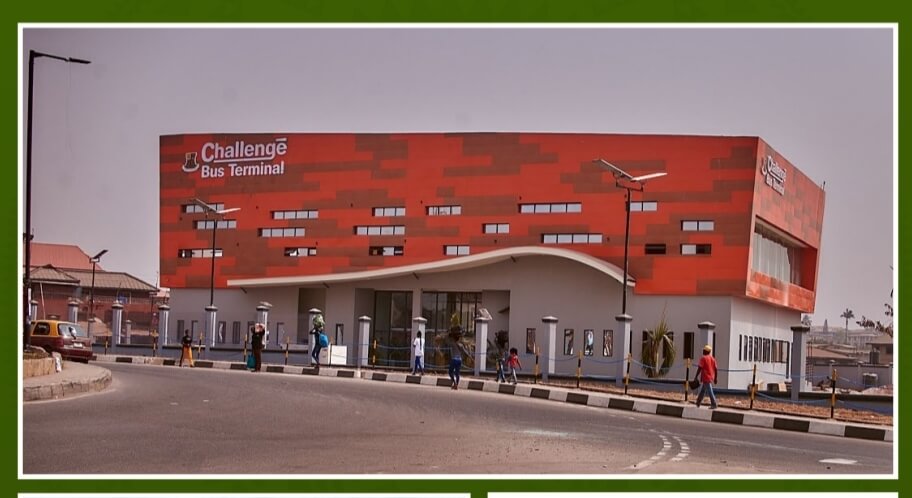The recent event entitled ‘Agribusiness for Food Security Initiative,’ hosted at the International Institute of Tropical Agriculture (IITA) in Ibadan on April 29, 2024, garnered significant attention. His Excellency Governor Seyi Makinde, a Former President, the DG of OYSADA, and various dignitaries graced the occasion.

The event, as reported is a collaborative effort between IITA and Oyo State government. However, questions are currently being raised about funding for this project and expected deliverables from the event and its impact on food security. Concerned citizens are humbly requesting that a comprehensible overview of the achieved outcomes from the relevant agency should be made available to the public.
Furthermore, OYSADA is urged to furnish detailed, itemized records of all investments, specifying amounts, dates of receipt, disbursement particulars, beneficiaries, and the monitoring mechanisms ensuring appropriate fund utilization since inception of this administration in 2019.
It is noteworthy that the absence of similar events in Fashola prompts speculation, with concerns raised about potential publicity hesitance due to alleged structural integrity issues related to heavy rainfall. The populace urges His Excellency to conduct a thorough investigation into the financial transactions associated with the construction of Fashola Agribusiness Hub.
We are intentionally directing attention towards the designated consultant, Hollar Gabriel Nig. Ltd., tasked with ensuring quality and timely project delivery, whose office is situated at 1 Ipetu Road, Asio, Ondo East LGA, Ondo State to give a thorough account of the project and integrity under his watch.
The government needs to be transparent about its expenditures to confirm or refute the narrative of a Public-Private Partnership with Brains and Hammers Ltd. His Excellency, known for his transparency, should ensure clarity regarding the Fashola Farm settlement.
Additionally, comparing Oyo State’s agricultural progress to that of other states, such as Lagos, which reportedly earns trillions annually from agriculture, raises questions. Oyo State must disclose its agricultural earnings over the past five years and develop a comprehensive agribusiness plan leveraging Lagos State’s success. This plan should integrate the Oyo State College of Agriculture and Technology with other state facilities like Fashola Farm settlements to maximize productivity.
Instead of relying solely on rental income, Oyo State should invest in its citizens by creating young agricultural entrepreneurs through intentional and substantial investments, providing land, equipment, and education in agricultural and financial management. The state should also utilize its own facilities for agricultural events and training to promote local projects and visibility for rural farmers.
Notably, the OYSADA headquarters in Saki, reportedly renovated at a cost of over 400 million Naira, remains underutilized, highlighting the need for more effective resource allocation and utilization.



